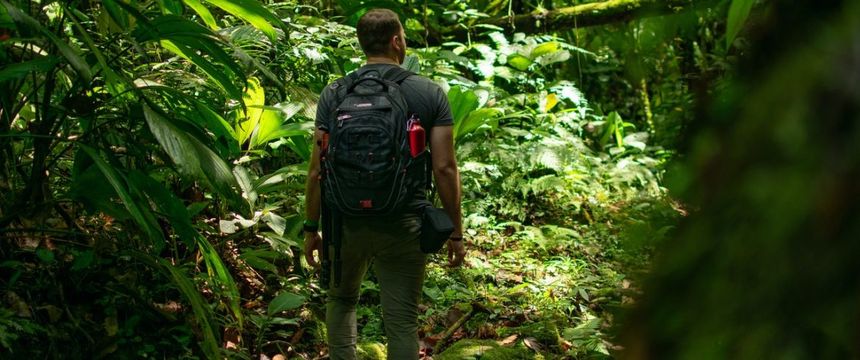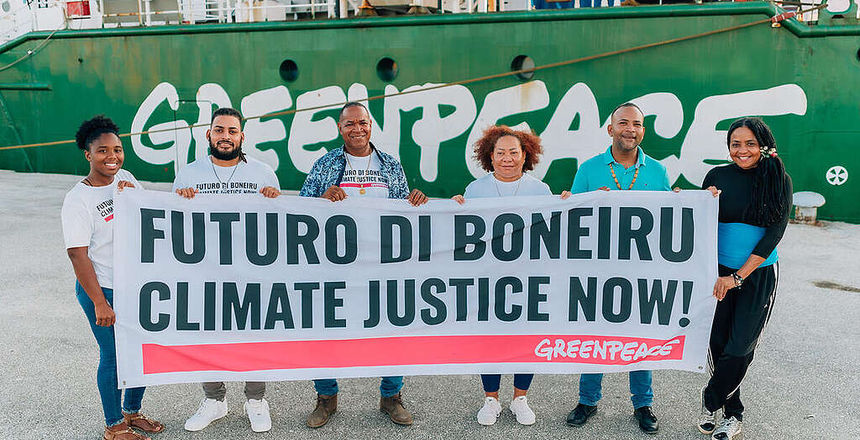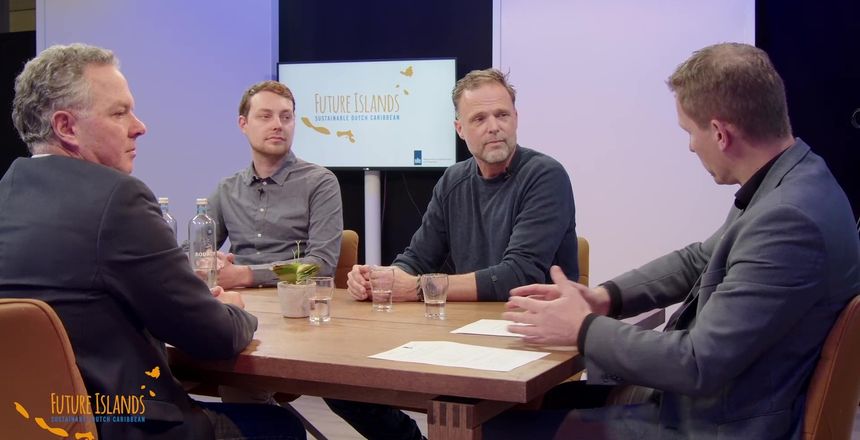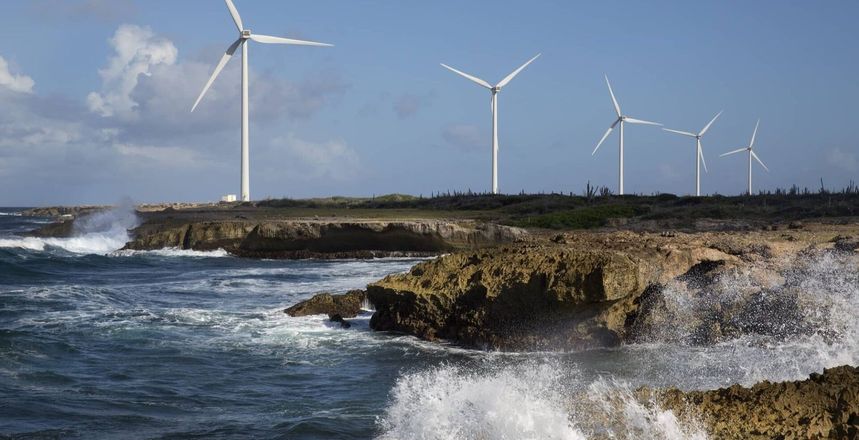News Circular Economy Social Improvement
2 min.
The 7th of June 2022 ended up being an important date for the Dutch Caribbean islands of Bonaire, St. Eustatius and Saba. Earlier, D66 party members Romke de Jong and Jorien Wuite had submitted a motion to the Dutch House of Representatives in relation to the need for more central government support for the development of ecologic tourism in the Caribbean Netherlands, which was almost unanimously accepted by the government. The only vote against came from Geert Wilders’ PVV (Partij voor de Vrijheid), which clearly was far from enough to keep the motion from being passed.
Focus on ecotourism
The initial motion as briefly referred to before was the result of a debate on tourism with Dutch Minister of Economic Affairs and Climate Policy Micky Adriaansens in the House of Representatives earlier this year. At the time, it was the previously mentioned Romke de Jong who shifted the focus to the Caribbean Netherlands. “In the current coalition agreement, it is clearly stated that optimal use should be made of the ecotourism potential on the islands of Bonaire, St. Eustatius and Saba”, De Jong said at the time, “Thanks to the magnificent nature on these islands, the potential for sustainable tourism while respecting the environment is enormous. How does the Minister [M. Adriaansens] see her own role in this and which steps will she be taking to fulfill the promises in regard to ecotourism that are presented in the coalition agreement?”.
“Together with the Green Destinations Foundation, we have done audits for all three islands with regard to the sustainability of these islands. As a result, the islands are allowed to use the globally recognized silver “QualityCoast Destination” brand”, said Minister Adriaansens in a first response to De Jong’s questions, “We have supported a project to develop certification for hospitality accommodation, as well. We have subsidized Bonaire’s Chamber of Commerce in support of the implementation of this certification in Bonaire. The same ambition exists for Saba and St. Eustatius, but these two islands are not as far along in the process yet”.
Motion accepted
The above excerpt of the debate in April led to the submission of a formal motion by De Jonge and fellow D66 member Wuite, which in turn was fully passed by the government about a month later. You can find the full motion here, but seeing as it’s written in Dutch, we will provide a translated version (into English) of the document here below:
“…noting that Bonaire, St. Eustatius and Saba possess unique nature that should be treated with care;
considering the fact that careful ecotourism policies can lead to nature preservation and economic opportunities;
considering that the SME (small and medium-sized enterprise, MKB or “Midden- en kleinbedrijf” in Dutch) is the starting point for economic policy of this government;
considering that government policy needs to be adapted to the needs of local entrepreneurs for the sake of local wellbeing and poverty reduction;
requesting of the government to support the islands with their plan of action to further develop sustainable ecotourism in Bonaire, St. Eustatius and Saba over the coming years;
requesting of the government to stimulate this development by focusing economic policy on local SMEs…”
The basis for this article was originally published on www.dossierkoninkrijksrelaties.com in June 2022.





